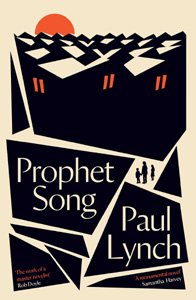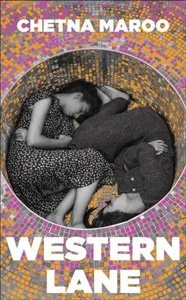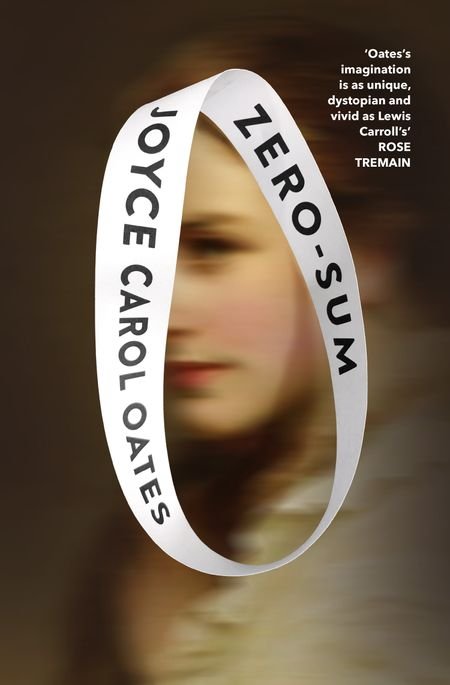I've been meaning to dip into more classic sci-fi for a while so I'm glad my physical book club chose this slender novel by Ursula K Le Guin for us to read. It won the Hugo Award in 1973 and was nominated for several other book prizes. The story is set on the fictional planet Athshe where an outpost of people from Earth are rigorously clearcutting the planet's vast forests. Wood has become a valuable resource since Earth (referred to as “Terra”) is now hopelessly polluted. This is devastating for Athshe's native population, a series of peaceful tribes of Athsheans who are small hairy green beings – given the derogatory nickname “creechies” by humans. The forest is not only their habitat but it's intrinsically linked to their culture. However, the majority of humans not only ignore how its loss impacts the native population but they enslave the Athsheans and treat them cruelly – sometimes raping and murdering them. When a creechie called Selver suffers a horrific loss he resolves to stand up to the colonial intruders and launches a war for the planet. It's an imaginative tale which vividly invokes a range of perspectives to relate dramatic events.
I appreciated how the novel begins with the point of view of Captain Davidson, a human commander of one of the logging camps. He's in many ways a repulsive and hyper masculine figure but it's valuable getting his initial skewed perspective on the creechies as sub-human. Since this native race is completely invented I initially bought this point of view even though Davidson is clearly prejudiced. It felt like an inventive way for Le Guin to encourage the reader to never make assumptions – especially when it comes to encountering living beings we are ignorant about. I also feel like the author had a lot of fun creating the voice of such an awfully aggressive and misogynistic character. When the narrative switches to Selver's perspective we see how Davidson is horribly misguided in his attitude and judgement of the Athsheans. They actually have a very strong sense of community and unique way of inhabiting consciousness. The line between waking/sleeping and reality/dreams aren't as clearcut for the creechies as they are for humans. This was a unique way of thinking about other ways of perceiving the world as well as creating different forms of community.
While I enjoyed the sense of adventure the story invokes and obviously felt sympathetic to its message, I'm not surprised this novel has been criticised for being a polemic. The message about the inevitably destructive effects of colonialism is extremely clearcut. However, it feels like Le Guin is making an important point. There can be no denying how destructive such colonial enterprises are to native populations and the environment. The story has clear parallels with the Vietnam war which was reaching its devastating conclusion in the time around when Le Guin wrote this novella. So it's impactful how the story is imbued with so much emotion. Nevertheless, I felt like it was somewhat simplistic in the way it depicts the harmonious nature of the Athsheans and the permanent ill-effects to their culture once the concept of war is introduced to them. I appreciated how a human scholar named Lyubov becomes an important bridge between the two races and adds more complexity to this tale which has clear lines between good and evil. So overall I felt this was an entertaining novella with some inspired world building but it could have been more thought provoking and complex. I've been told some of Le Guin's other books have more layers to them so I'm eager to explore more of her work.
























